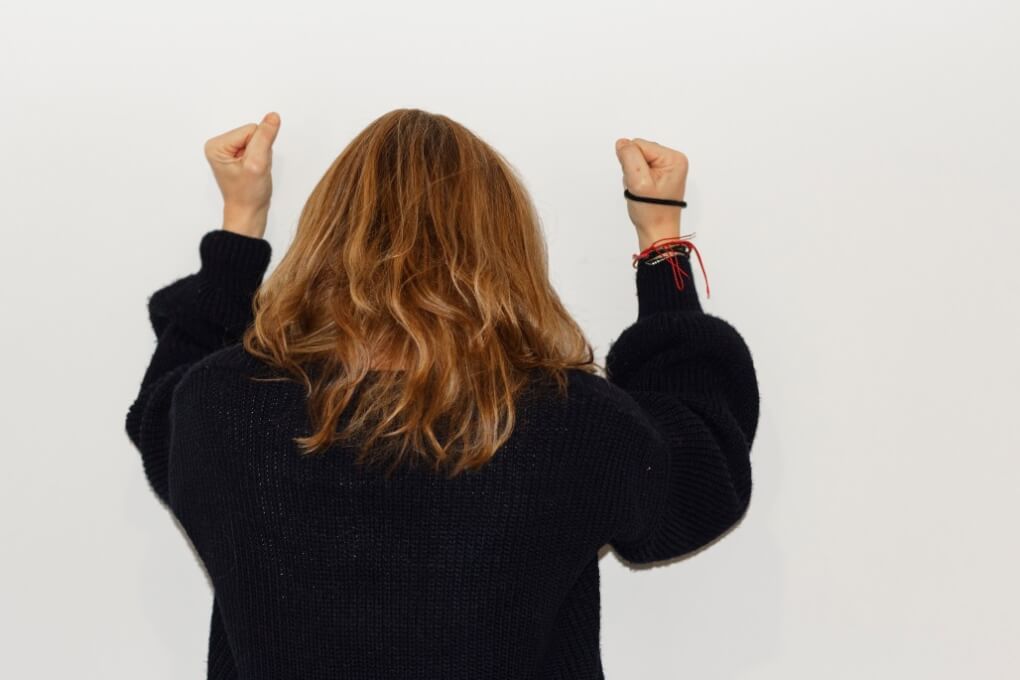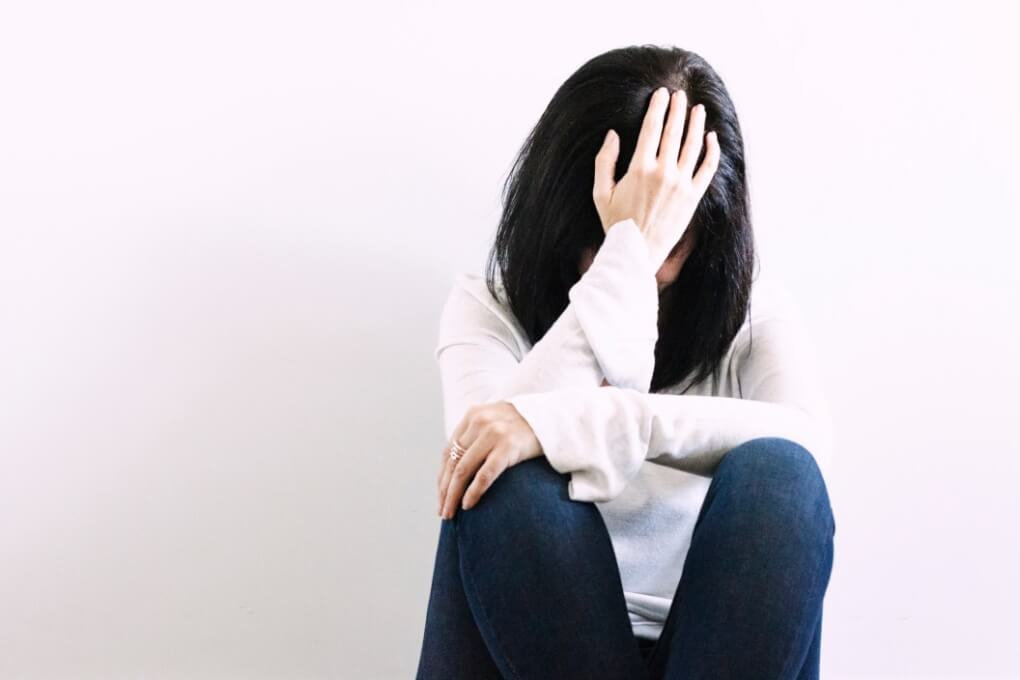How do you deal with Social Anxiety?
Dealing with social anxiety can have a deepening effect on someone’s personal life. Understanding some of the symptoms or behavior can help have awareness.
We want to share five behavior patterns that may represent many people and are examples of Social Anxiety.

Suffering from a social anxiety disorder? You are not alone
They explain why it is highly recommended to deal with this type of problem:
- The first pattern represents shy people, for whom work is essential, the problem: they have to spend a significant portion of their work life in front of the public. The anxiety that this produces makes them seem not sociable, even rude. Sometimes, the stress is such that you either avoid greeting and interacting with customers or communicate so anxiously that you appear angry or rude. This example of social anxiety can result in repetitive behavior; it can even make people believe that this is the way it is and that this is their personality. This behavior can limit the sufferers in professional progress and deepen their feelings and fears of others, even more, causing a loop that amplifies the problem.
- In a second pattern, people who are deeply discouraged, their life is not as they had thought and believed that their age no longer allows them many opportunities. Their emotional and social life is the central axis of their dissatisfaction. They are afraid of being criticized or judged negatively by others in their surroundings. The way to “solve” this is to get away, isolate themselves, and avoid the social contacts that make them feel so bad. The result is that their well-being decreases by not having relationships social and intimate connections that are so important for the self-esteem and satisfaction of anyone. Again, a loop needs to be broken.
- Our following pattern tells us about the relationship with the opposite sex. The person starts a new job where most colleagues are of the opposite sex. They have breakfast in a small “office environment” or similar that requires close communication. It is also a company with a working model where everyone is on the same open floor without separate compartments. Every work morning represents torture, sweats, acting awkward, talking excessively, or not saying anything. Again, social anxiety is now about sex.
- Another pattern has to do with adolescents. We have a brilliant boy with high academic achievements in this personal example. He is an intelligent, creative boy, eager to learn, with diverse interests, somewhat shy, and very kind. However, he spends most of his recesses alone, reading a book in the yard or staying in class. You may tell yourself that you don’t like to play, that you prefer to read, that you are a “loner,” and that you are better off this way. But if we search more profoundly, we will discover that after this self-imposed isolation, there is fear, fear that colleagues will reject him, and fear of not being accepted as he is. Social Anxiety Disorder is a common frequent psychological disorder in childhood and youth (García-López, Piqueras, Díaz-Castela, 2008). Detecting it and dealing with it is essential. If a child or adolescent, or an adult frees themselves from their social fears, it can change the course of their mental health life.
- This last example of a pattern of social anxiety has to do with a way that is also very frequent. The person is successful at work; their career has been brilliant, with excellent projection and results. They are people with good social skills, but a problem does not allow them to feel good, satisfied, or satisfied, which causes enormous suffering and anxiety. The great need for approval from others leads to perfectionism hardly sustainable for anyone. This level of self-demand means that what has been achieved is not enjoyed, and one lives in a permanent state of dissatisfaction and self-criticism.
We commend you for educating yourself on mental health disorders like Social Anxiety. It is a no better thing than to know more about diseases, prevention, and, if needed, interventions such as treatment, outpatient, or support at the required level. If you or someone you know are suffering from Social Anxiety Disorder or a dual diagnosis, including drug addiction or substance use disorder, we at Refresh Recovery mental health outpatient in San Diego would like to hear about your situation and whether it requires help at a higher level.


